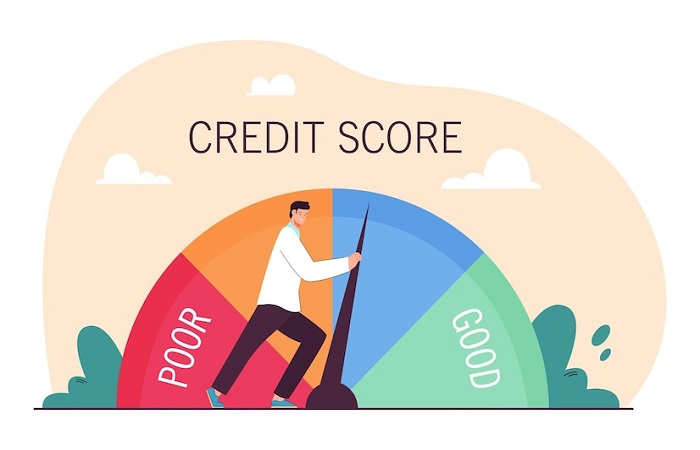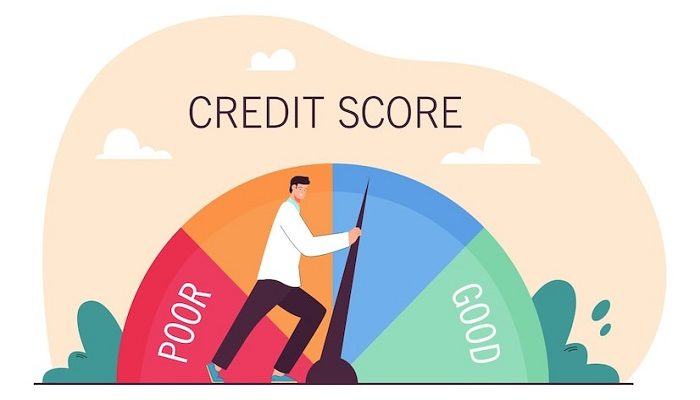 Your CIBIL Score is one of the most important numbers you need to know. It’s a three-digit number that represents your credit health, and lenders, banks, and financial institutions use it to determine your creditworthiness. In this blog post, we’ll go into detail about what a CIBIL Score is, how it’s calculated, and how you can improve it.
Your CIBIL Score is one of the most important numbers you need to know. It’s a three-digit number that represents your credit health, and lenders, banks, and financial institutions use it to determine your creditworthiness. In this blog post, we’ll go into detail about what a CIBIL Score is, how it’s calculated, and how you can improve it.
What is CIBIL Score?
CIBIL, which stands for the Credit Information Bureau (India) Limited, is India’s first credit information company. It maintains records of an individual’s credit history and calculates a CIBIL Score based on that information. A CIBIL Score is a three-digit number, ranging from 300 to 900, that represents an individual’s creditworthiness. The higher the score, the better the credit health of the individual.
Importance of CIBIL Score
Your CIBIL Score is an important factor that lenders consider when determining whether to approve you for a loan or credit card. A good CIBIL Score can make it easier for you to obtain credit, while a low score can make it more difficult.
In addition to determining your creditworthiness, a CIBIL Score also helps you to understand your financial habits and identify areas for improvement. For example, if you have a low score, it could be a sign that you have a high credit utilization ratio or a history of late payments.
Factors that Affect CIBIL Score
There are several factors that can affect your CIBIL Score, including:
Repayment history: Late payments or defaults on loans or credit card bills can significantly impact your CIBIL Score.
Credit utilization: The amount of credit you have available compared to the amount you’re using can affect your CIBIL Score. It’s recommended to keep your credit utilization ratio below 30%.
Length of credit history: A longer credit history can help improve your CIBIL Score, as it shows lenders that you have a track record of responsible credit use.
Types of credit: Different types of credit, such as credit cards, personal loans, and home loans, can also affect your CIBIL Score.
Understanding the CIBIL Score Calculation
CIBIL calculates your Score based on the information in your credit report. The information used to calculate your Score includes:
Repayment history: This includes information about your on-time payments, late payments, and defaults on loans or credit cards.
Credit utilization: This includes information about the amount of credit you have available and the amount you’re using.
Length of credit history: This includes information about the age of your credit accounts and how long you’ve been using credit.
Types of credit: This includes information about the different types of credit you have, such as credit cards, personal loans, and home loans.
It’s important to note that CIBIL Score is just one factor that lenders consider when determining your creditworthiness. Other factors, such as your income and employment status, can also play a role.
Improving Your CIBIL Score
If you have a low CIBIL Score, there are several steps you can take to improve it:
Timely repayment of debts: Making on-time payments on all of your debts, including loans and credit cards, is one of the most important things you can do to improve your CIBIL Score.
Maintaining a low credit utilization ratio: Keeping your credit utilization ratio below 30% can help improve your CIBIL Score, as it shows lenders that you’re using credit responsibly.
Regular monitoring of credit report: Regularly monitoring your credit report can help you stay on top of any errors or inaccuracies that may be affecting your CIBIL Score. If you find any errors, be sure to dispute them with CIBIL as soon as possible.
Avoid applying for too much credit at once: Every time you apply for credit, a hard inquiry is made on your credit report, which can lower your CIBIL Score. Try to limit the number of credit applications you make and consider all of your options before applying for credit.
The Impact of a Low CIBIL Score
A low CIBIL Score can have several negative consequences, including:
Difficulty in obtaining loans: Lenders are less likely to approve you for a loan if you have a low CIBIL Score, as it indicates that you may not be a reliable borrower.
High-interest rates on loans: If you are approved for a loan with a low CIBIL Score, you may have to pay higher interest rates, as the lender is taking on a greater risk by lending to you.
Denial of credit cards: A low CIBIL Score can also make it more difficult for you to be approved for a credit card, as the lender may view you as a higher risk.
Difficulty in renting a property: Landlords and property management companies may also check your CIBIL Score when determining whether to approve you as a tenant. A low score could result in your application being denied.
Conclusion
In conclusion, your CIBIL Score is an important number that represents your credit health and creditworthiness. By understanding how it’s calculated and taking steps to improve it, you can increase your chances of being approved for loans and credit cards and get more favorable terms. Remember to monitor your credit report regularly, make on-time payments, and keep your credit utilization ratio low to maintain a good CIBIL Score.

